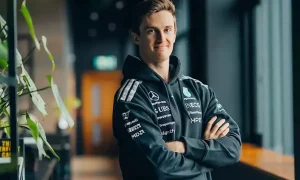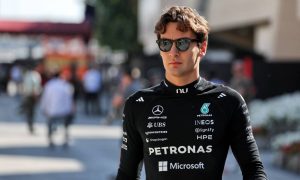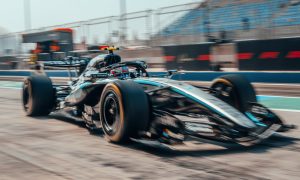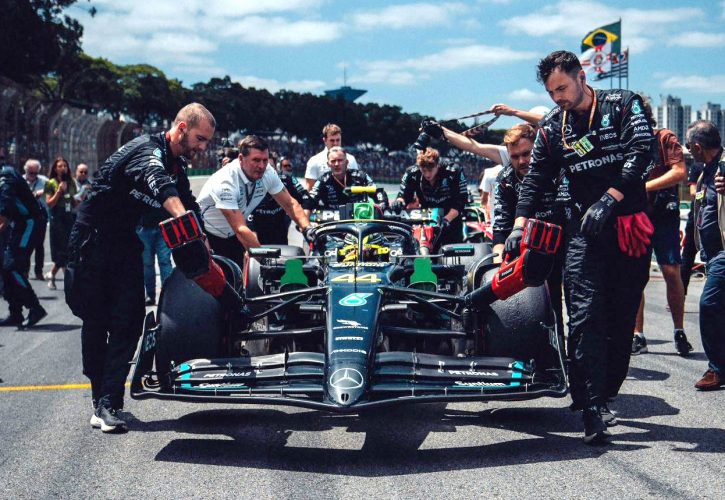
Mercedes F1 technical director James Allison has opened up about the team's struggles in the past two seasons, attributing them in part to a period of "disorientation" and "fragmentation" within the outfit.
In 2022, Formula 1 introduced new regulations that significantly increased the importance of ground effects. Mercedes, however, struggled to adapt its car to the new rules.
The team's W13 car was plagued by porpoising, a phenomenon that causes the car to bounce up and down at high speeds. This predicament made it difficult for the car to generate downforce, which hampered its performance.
Mercedes made some changes to the W13 in the second half of the 2022 season, but the car was never able to match the pace of the frontrunners, although George Russell salvaged a dominant win at the penultimate round in Brazil.
Unfortunately, Russell’s feat convinced Mercedes to carry over its radical zero-sidepod concept into the 2023 season. While porposing was mitigated, Russell and teammate Lewis Hamilton were still unable to perform consistently.
Mercedes completed its 2023 second in F1’s Constructors’ standings behind Red Bull but without a single win to its name.
But the sudden shift from title-winning dominance to a disappointing season took Mercedes by surprise, leaving the outfit “disoriented” and grappling with the reality of its decline.

“When a team has been, as we were, on a very high plateau for quite a large number of years, for quite a long period of time, and then takes a dip, it’s very disorientating,” he told the Performance People podcast.
“It’s very unpleasant to suddenly feel that what you had previously felt about yourselves as a group, the foundations of that have been loosened by the reality of the stopwatch and being beaten by other teams.
“It shakes the confidence of an organisation and it also puts a lot of very short-term pressures on a company that’s been used to thinking further ahead.”
Allison suggested that these pressures led to a breakdown in communication and collaboration between different departments within the team.
“The short-term pressures are that the car is poor and the results are poor and they must improve. And the call of that is very loud, completely natural, but very loud nevertheless, and it rouses people to action.
“But the action can tend to be that all the disciplines in the company – the aerodynamics, the vehicle dynamics, the drawing office, all the specialisms that are necessary that work together to create a good car – that each of them can sort of scatter on the four, five, six winds to their individual corners to do what they can do or contribute in the way that they think is best, driven by this very loud call that the car needs to improve.
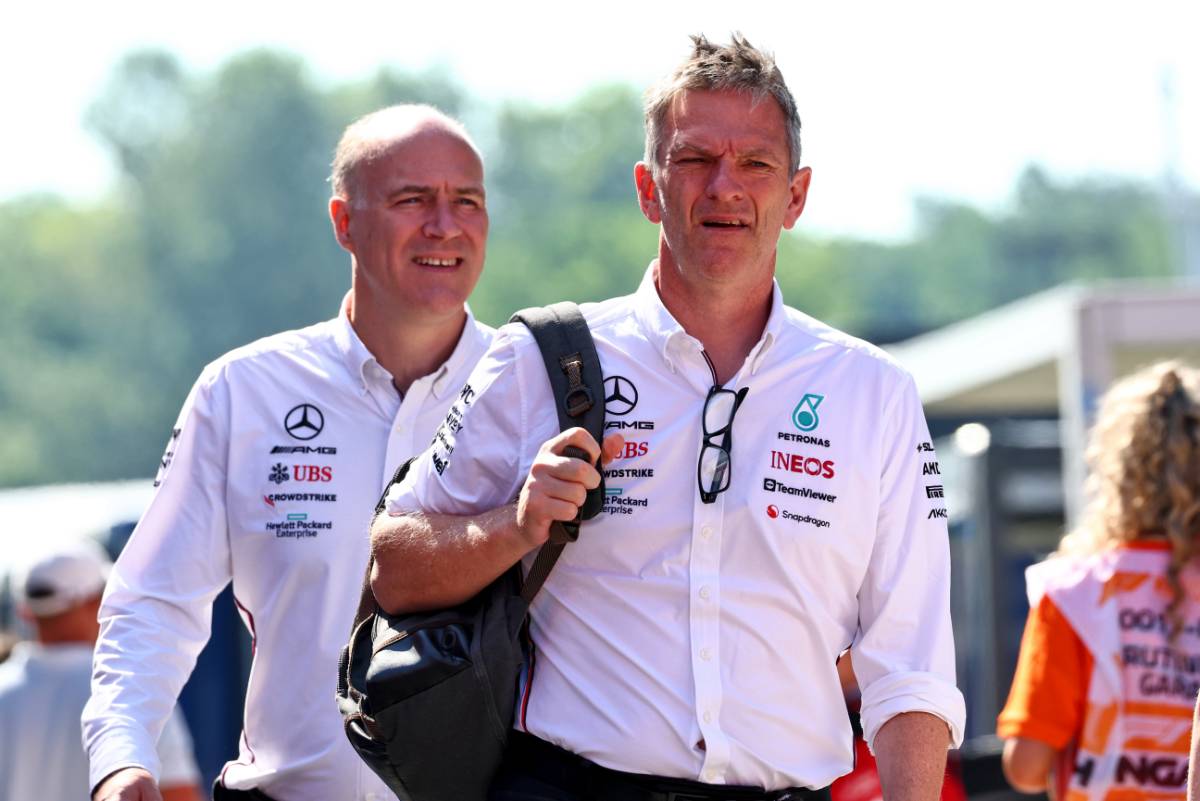
“If you’re not careful, then those groups can stop talking to one another because they’re all head down trying to fix what they see as their part in making the world a better place.
“Probably the most destructive pattern that we as a group got into over that difficult period from when our crown first slipped, was that we fragmented more than we should have done.”
Mercedes' decision last April to reinstate James Allison as technical director, a role he had relinquished to Mike Elliott two years prior, sent a clear message that the team was determined to address their on-track struggles.
The launch of the W14, which bore a striking resemblance to the previous season's car and failed to deliver the expected performance gains, underscored the need for a strategic shift. Elliott's departure later in the year further emphasized the team's commitment to a fresh approach.
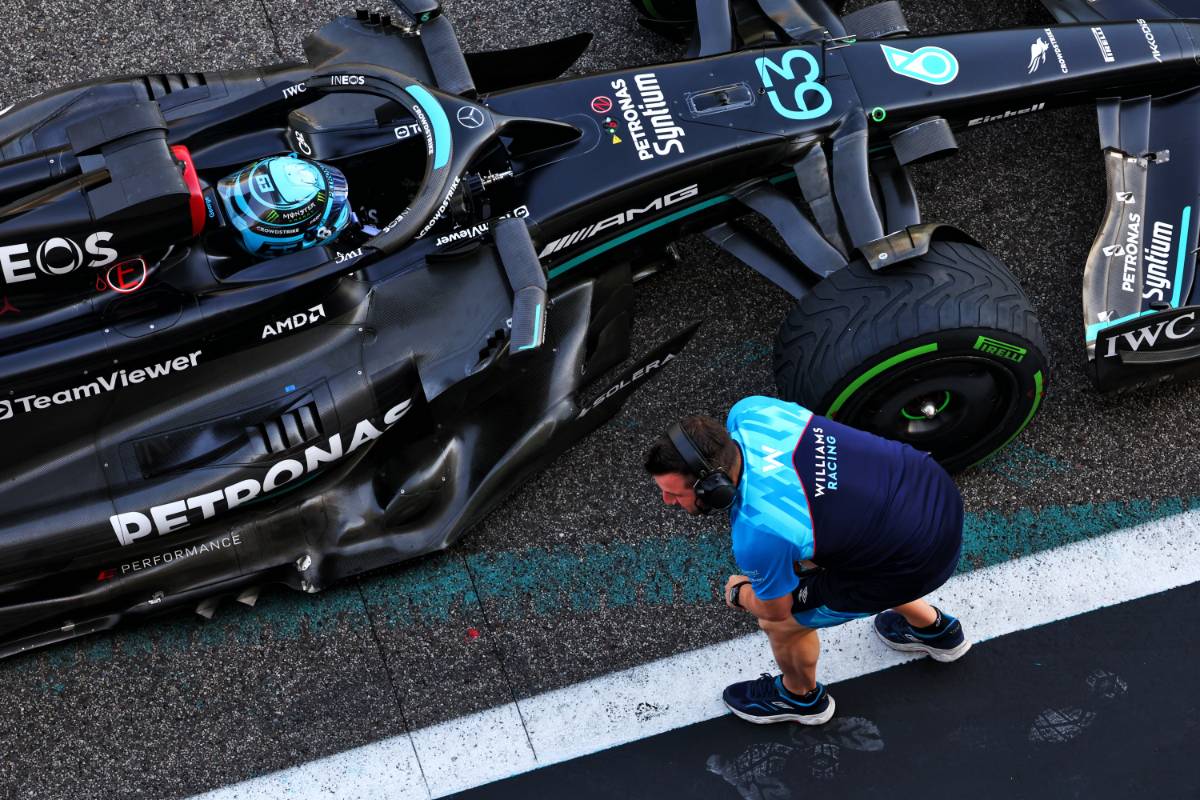
Allison acknowledged that his role would not solely involve hands-on chassis design but encompass broader organizational responsibilities. His focus would be on galvanizing the team's collective expertise and ensuring that Mercedes emerges in 2024 as a formidable contender.
“If I’ve had any effect that’s been a positive thing, it’s to try to draw that back together, to try to get the main engineers who are leading the main divisions in the company to talk to one another more, to try to take off their shoulders some of the immediate pressure and just dampen down the shout that is coming from the car and just to focus on coordinating our work,” he said.
“Just bring those important folk together and ask a few questions of them, the answers to which are only possible if they spend a bit of time talking to one another. And the fact that they then spend that time talking to one another automatically means that they will coalesce around a jointly-agreed programme of activity to get those answers.
“It doesn’t take too long before people fall back in the habit of leaning on each other rather than working individually, because actually it’s way more fun that way. And if someone’s giving you permission to do it because those are the questions that need to be answered, then that’s what happens.”

Only time will tell if Mercedes has done enough to put itself back into contention for a championship in 2024.
“I hope that we have put in place enough of a programme of work that we have put ourselves in with a shout to be back to winning ways,” concluded Allison.
“Does that mean winning a race? Does that mean winning a championship? In my head, it’s only ever about championships. That’s what F1 is. It’s a constructors and a drivers championship.
“So I hope we will have done enough to give ourselves a shout of being in the championship fight in both championships.”
Keep up to date with all the F1 news via Facebook and Twitter





